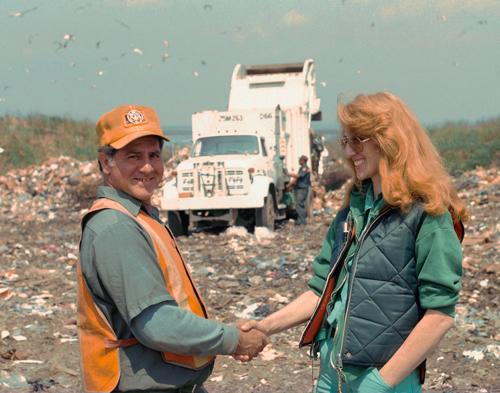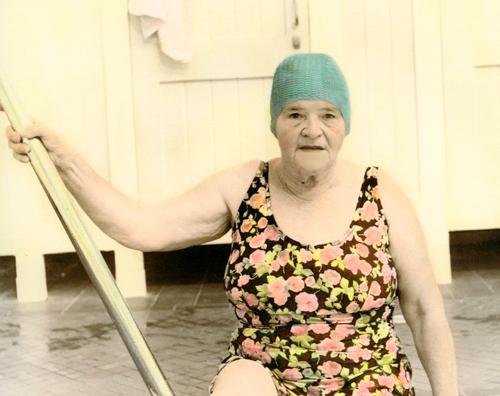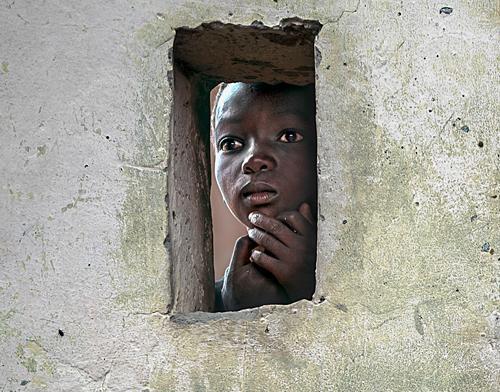Between worlds: Belinda Mason and Blur Projects
We do not see like a camera. A camera registers everything reflecting light into its lens, but human perception is selective. It is an economy of resources that has evolved over millions of years so that now, neuroscientists tell us, only about twenty per cent of what we perceive visually from moment to moment is actually passing through our eyes. The rest is constructed from memory and expectation. Our experience of the world is a product of interactions between abstract top-down visual memory templates and bottom-up sensory ones. Since the former is subjective, we rarely perceive those things that we fail to consider. Sometimes, to understand the bigger picture, we must squint our eyes and soften our focus; to concentrate less on the things we seek and become conscious of the interplay in how things blend together.










